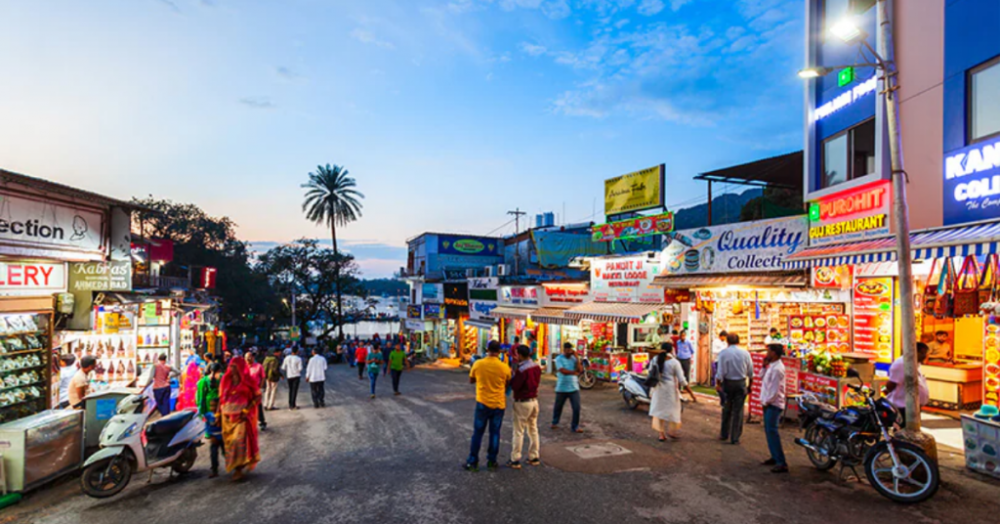

Mount Abu, the only hill station in Rajasthan, India, is a verdant oasis in the midst of the desert landscape. While it is renowned for its breathtaking natural scenery and ancient Jain temples, the Mount Abu Bazaar offers a unique aspect of the region's cultural and historical tapestry. Dating back to the British era, Mount Abu has served as a retreat for both British officials and the royal families of Rajasthan, thus weaving a rich history of tourism in the area.
The history of Mount Abu is intertwined with legends and myths, making it a fascinating destination for both domestic and international tourists. Historically, it was a part of the Chauhan kingdom, and later served as a summer resort for the rulers of the princely state of Sirohi. With the advent of British rule in India, Mount Abu gained popularity as a pleasant escape from the scorching heat of the surrounding desert lands.
The Rajputana Club House, established in 1887 by the British, stands as a testament to Mount Abu's history as a colonial hill station. It was here that the idea of Mount Abu as a tourist destination was nurtured. Post-independence, tourism in Mount Abu evolved to showcase its rich cultural heritage, with the Mount Abu Bazaar becoming a focal point for visitors.
The bazaar is a bustling marketplace that throbs with life and offers an array of shopping experiences. Tourists flock to the bazaar for its traditional handicrafts, vibrant textiles, and exquisite jewelry. Shops lined with miniature paintings, marble, sandstone, and wood crafts tell the tale of the region's artistic history. Moreover, the bazaar offers souvenirs and trinkets that serve as mementos of the rich Rajasthani culture.
The patterns and motifs seen in the market goods reflect the centuries-old craftsmanship that has been passed down through generations. The bazaar is not only a shopping hub but also a living museum showcasing the traditional crafts of the region.
In recent years, Mount Abu has observed a shift in tourism trends. There is a growing interest in experiential and sustainable tourism. Visitors are increasingly looking for authentic local experiences, such as participating in traditional fairs and festivals or engaging in community-led tours that offer insight into the lives of the people who call Mount Abu their home.
Agro-tourism is also gaining traction, with tourists showing keen interest in understanding the agricultural practices of the surrounding areas. Additionally, wellness tourism has emerged as a popular trend, with Mount Abu's serene environment offering the perfect backdrop for yoga, meditation, and rejuvenation retreats.
The development of digital platforms and social media has also shaped the way travelers approach Mount Abu as a destination. Online reviews, blogs, and vlogs play a significant role in influencing travel decisions and have contributed to a more connected and informed community of tourists.
Mount Abu Bazaar and the surrounding hill station continue to charm tourists with their blend of history, culture, and modernity. The evolution of tourism in Mount Abu has managed to sustain the region's historical significance while adapting to contemporary trends, ensuring an enriching experience for every visitor who sets foot in this enchanting town.